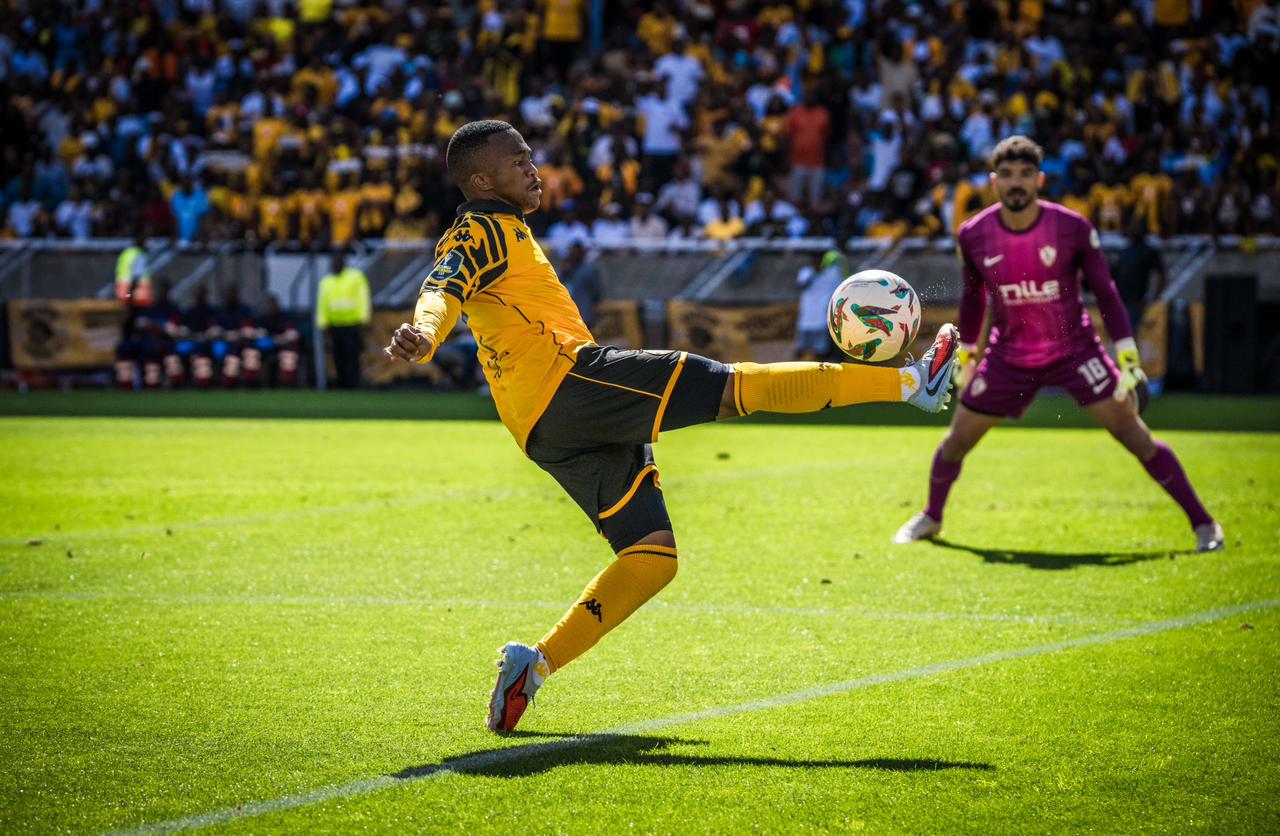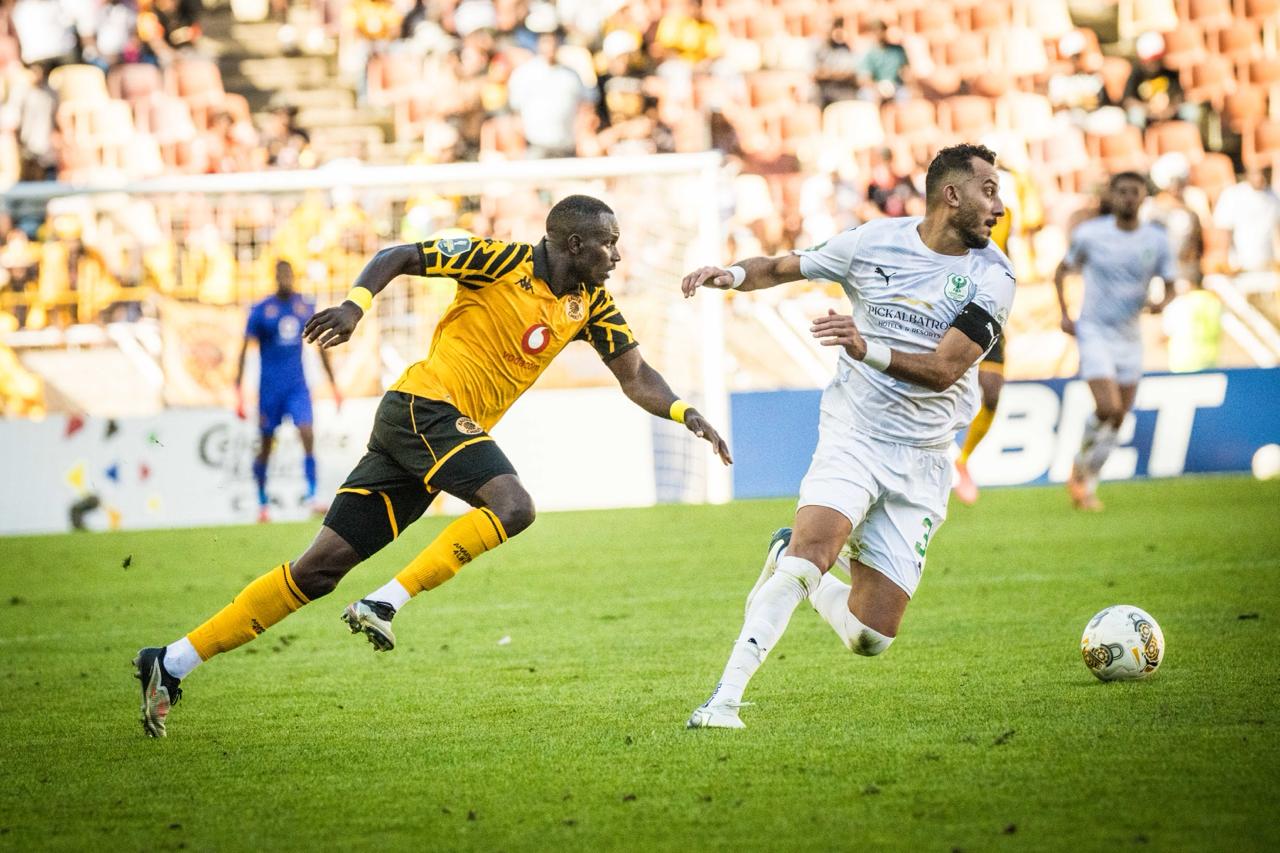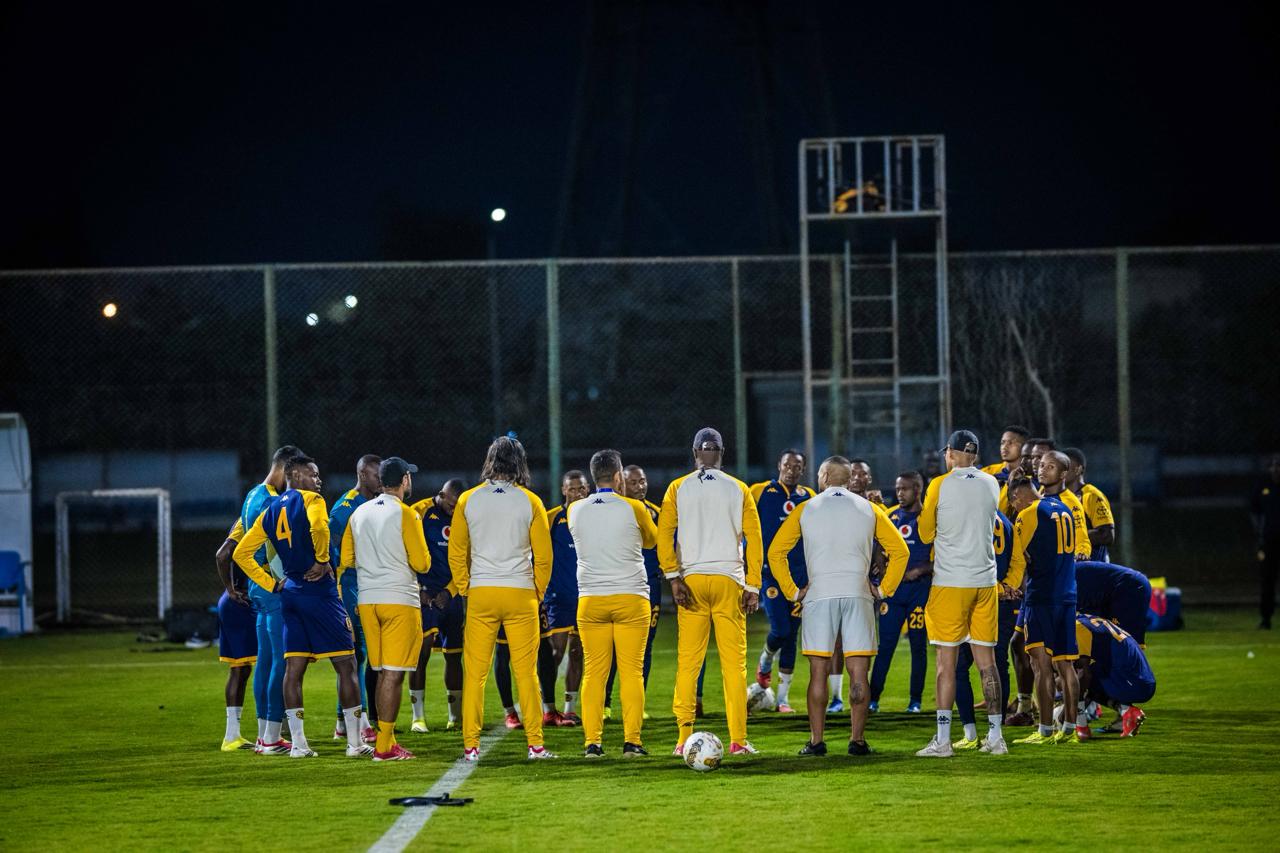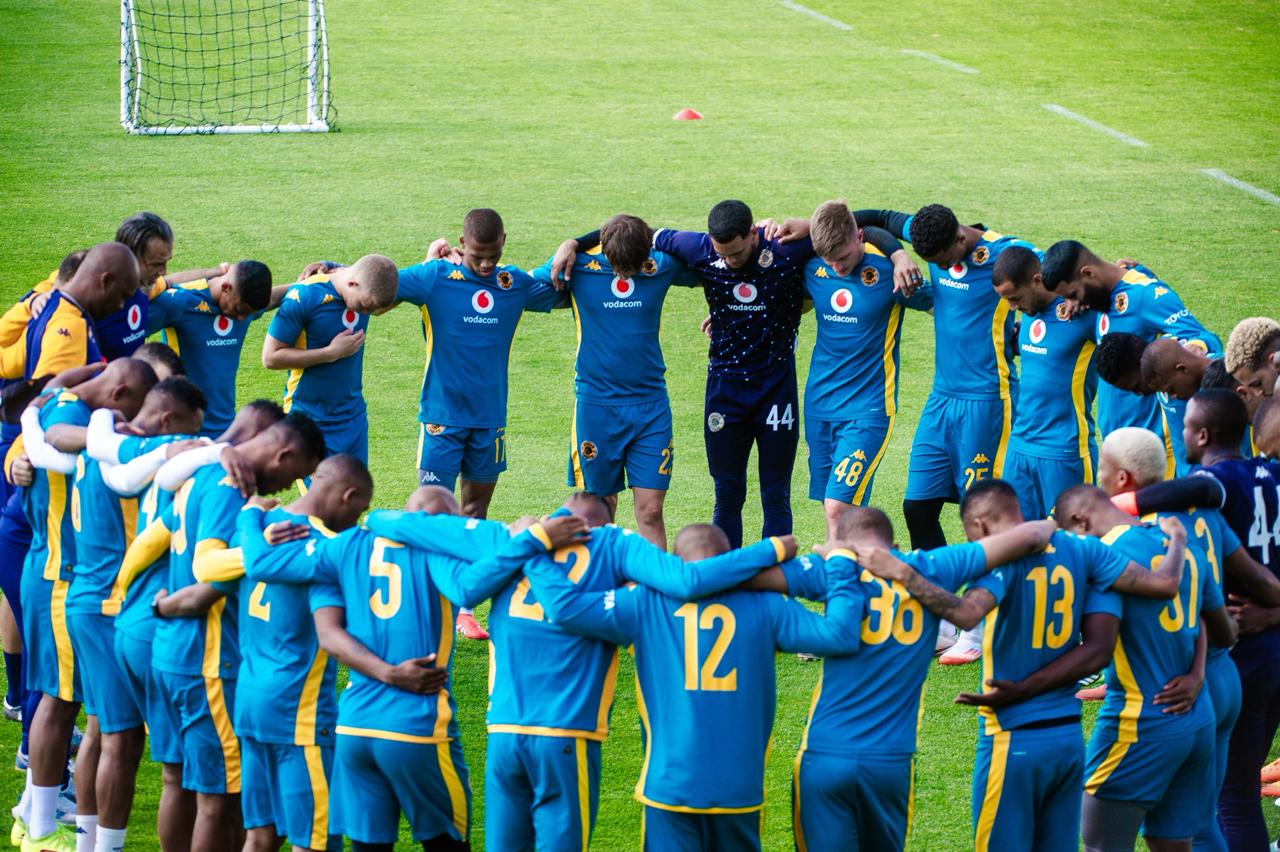Posted in Features, News, Team News on Jun 20, 2018.

The 22-year-old has been studying Mechanical Engineering at Wits University since 2014. “I hope to finish next year,” Petersen comments.
The goalkeeper points out that it is possible to combine a professional career with studies. “It can be done. To be honest, is has to be done, because players often don’t save enough money to be able to afford to study after their playing days. That’s when they get caught out, having no income and not sure what to do next.”
Petersen even feels that studying helps his football career. “I am better at applying the coach’s instruction, understanding the various tactical concepts and improving my reading of the game. As the saying goes, ‘educated players are better players’.”
About the importance of Youth Month and the Soweto Uprising, he says, “if it wasn’t for the courage and the uprising of those young children, I wouldn’t have been able to study what I am studying now.”
Former Amakhosi midfielder star, Wellington Manyathi also completed various studies, including Sports Management, Sports Massage and Sports Assessment. However, he only studied after his playing days were over.
Manyathi played for Chiefs from the early eighties until the mid-nineties, before briefly coaching the Glamour Boys in 1997. “Especially in my early days, soccer players weren’t paid the money they earn these days. This meant I couldn’t afford to study because of finances. I did register though for two courses at Unisa, but I ran out of money and didn’t complete them.”
“But these days players earn enough money,” the midfield legend continues, “so they can easily afford to study. I would advise every player to study and get educated business wise. A lot of players think that their future is now, in the moment.
“However, they forget about the moment when they retire from soccer. That’s when they suddenly realise that they are out of work and out of an income. As a result, a lot of players struggle financially post-career.
“Footballers have to think about the future and this will also be good for South African soccer in general, because if players educate themselves they may in future play a part in the business side of Safa, PSL or at a club. We need educated ex-players being involved at the highest administration levels of our soccer.”
When it comes to Youth Month, Manyathi feels that “we, as South Africans, are often reactionaries. We react to things, we don’t pre-empt things. An example is what happened with the student bursaries for underprivileged students. This problem was there for a long time, but nothing was done. If there is one lesson to learn from those students who revolted in June 1976, it’s that we need to listen more to each other and look for solutions before things erupt. ”





